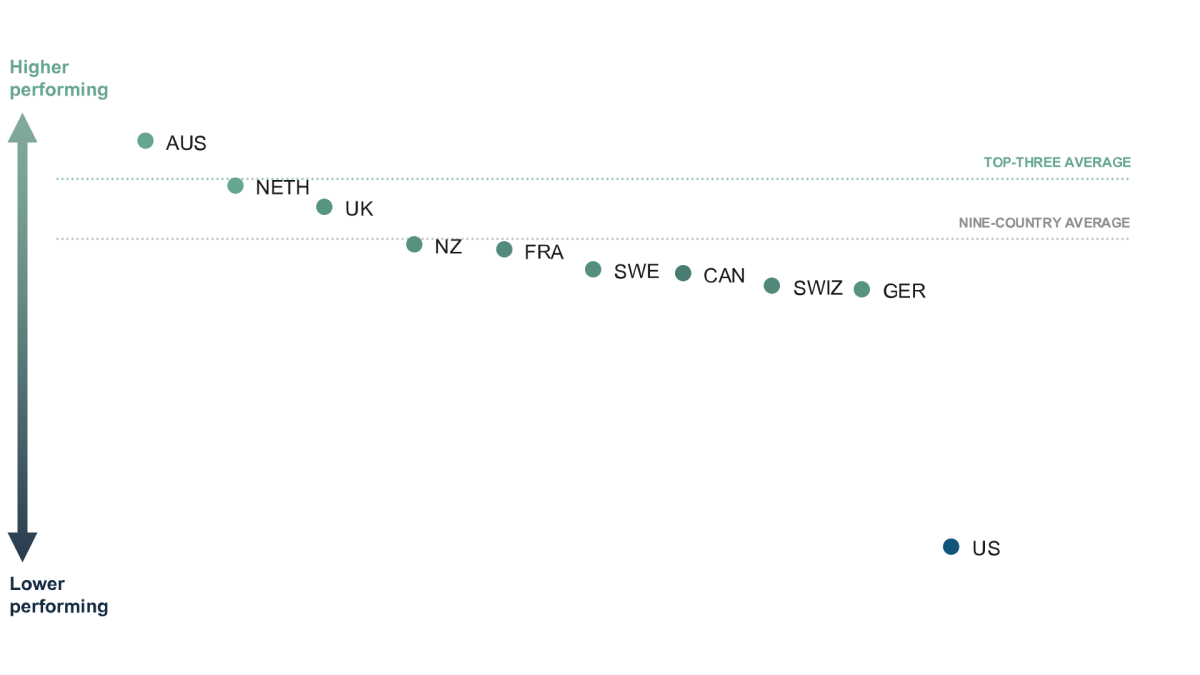Sacrificing health for school start times
Junior Bri Paolino rests her head on the desk during her day two, period one chemistry class. The class is held from 7:15 to 8:45 a.m.
Students face a lot during the school year. Between academics, sports, clubs, music, and after school activities, six hours of sleep may just not be enough. To balance all these responsibilities and still show up for school at 7:15 a.m., we often sacrifice a good night’s sleep-but could we also be sacrificing our health?
For adolescents and teenagers, sleep is crucial-not only how much sleep they get, but when they go to sleep and when they wake up. Scientific studies have found that people have an “internal clock,” meaning that there is a time that we naturally fall asleep and wake up at. These times differ with age. Teenagers’ habits of falling asleep and waking up late are not due to laziness, but to their natural sleep cycles. At least 9-10 hours of sleep at night are recommended for teenagers. However, because they naturally fall asleep later but are out of bed before the sun is out, they are lucky to get seven hours. In an informal poll taken of juniors at NKHS, the average amount of sleep a student gets per night is 6-7 hours.
The start time at North Kingstown High School of 7:15 a.m. and the amount of sleep required for students to be healthy don’t correspond. So, why do we start school so early? The start time for North Kingstown is set in order to cooperate with the bus services. When considering changing the start time, the elementary and middle schools have to be considered as well. Although the American Academy of Pediatrics recommends a start time of 8:30 a.m. for schools, a delay would dramatically affect the plans for bus services and after school activities.
So, how would it affect the students? As studies have shown, students who are sleep deprived can suffer from physical or mental health problems and show a decline in academic performance. Junior Kate Thomas said, “Academically, I feel like I would do better in school because a later start time would allow me to get more sleep, and therefore I’d be more focused during a school day.”
Many students who participate in after school sports said they wouldn’t mind their practices being delayed, if it meant they could get an hour more of sleep each morning. As most after school practices don’t start until 2:30 or later, a hypothetical school day from 8:15 a.m. to 2:30 p.m. appealed to a majority of students that were asked.
Numbers of scientific studies have been done to show that students need more sleep than what their middle or high school start times allow. A well-rested student has a reduced risk of being overweight, suffering from depression, and has better grades and higher standardized test scores. Sleep deprivation in adolescents puts them at increased risk for automobile accidents, increases stress levels, declines their academic performance and may have long term effects on their mental and physical health.
It’s clear that health should not be overlooked by convenience. Although it would call for a lot of changes, both good and bad, a majority of students agree in the fact that overall, a later start time would be beneficial.
Your donation will support the student journalists of North Kingstown High School. Your contribution will allow us to distribute a print edition of the Current Wave to all students, as well as enter journalism competitions.












North Kingstown Start School Later
Feb 7, 2015 at 11:53 AM
Here’s a link to an online petition asking the NK School Committee to look at this issue:
http://www.change.org/p/north-kingstown-school-committee-we-ask-that-you-prioritize-a-start-school-later-initiative-by-establishing-a-committee-to-examine-the-logistics-and-begin-taking-steps-toward-a-healthier-start-time-at-north-kingstown-high-school
Please forward this to any NK residents sharing a concern over this issue.
Anonymous
Oct 23, 2014 at 6:51 PM
I completely agree. Can something be done about this situation? I was just talking about this issue with my parents; I can hardly keep my eyes open in class, let alone interpret 15 pages of essays in each class. The wick is burning at both ends, and someone is going to get burnt
Lisa Tener
Oct 16, 2014 at 4:41 PM
As a parent, I could not agree more. The research is very clear that teens do better in school when they can sleep later. The early school start times are clearly detrimental to health and academic performance. It would be great if you could point us to a petition to sign or some other way we can have our voices be heard. Thanks for this excellent article.
Andrea Vento
Nov 14, 2014 at 7:53 PM
This is a well written article! I have been reading about recent research on this subject and I am very concerned that the current start time at the high school is compromising the academic performance of students in North Kingstown. Not to mention compromising quality of life for our high school students…
It’s time for parents and students in North Kingstown to take action and speak up on this subject. School districts around the country are paying attention to the scientific research and many are delaying school start times for high school students. I would be interested in working with other concerned parents to unite our voices to help bring the complex issue of school start times to the forefront among our school district leadership. It might be worthwhile to engage with organizations like Start School Later (http://www.startschoollater.net/) to leverage the experiences from other school districts. Let’s figure out how to work together and make this right for our high school students!